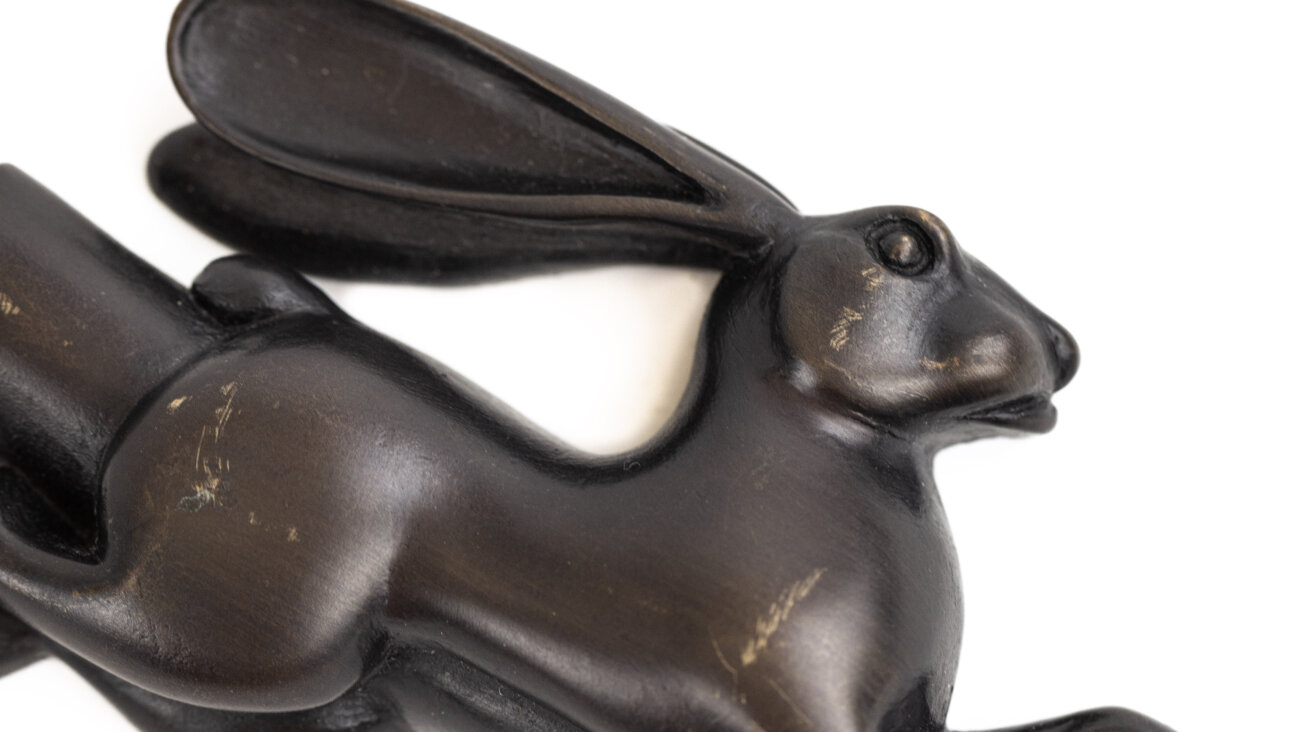The Joys of Being Taken To Task
Among the thousands of readers who, over the years, have written me with their queries, criticisms, comments and encouragement, there are a small number of regulars who keep returning. Although I have never carried on a personal correspondence with any of them (as much as I might like to, I simply don’t have the time for it), I feel that by now that I have gotten to know them — their interests, their areas of special knowledge, the kinds of questions or remarks they are likely to ask or make. Seeing their names on e-mails is like hearing from old friends — and there has been no one I liked hearing from more than Howard Marblestone.
Howard, so I learned from the identification on his e-mails, was Charles Elliot professor of Greek and Latin at Lafayette College in Pennsylvania. Not surprisingly, therefore, many of his letters had to do with references to these languages on my part. Often he wrote to point out some mistake I had made. Thus, for example, after I said in a column last August that the first place in Homer in which we find a name with the Greek patronymic suffix –ides is Chapter II of “The Odyssey,” with its mention of one Halitherses Mastorides, “Halitherses the son of Mastor,” Howard — after beginning his letter with the salutation “Dear Philologos, whose children must be Philologidae” — wrote to remind me that Homer’s “Iliad” is generally considered the earlier work and that the name Atreides occurs in its first chapter. And then, wearing his great erudition lightly, as he always did, he added: “Mastor [the father of Mastorides], by the way, is otherwise unknown, and according to some mefarshim [Hebrew for “commentators”], was invented by Homer as the father of Halitherses.”
Yes, Howard also knew Hebrew — very well, in fact, and he sometimes corresponded with me about it also. In one e-mail that he sent me, he related that a column of mine about the Yiddish word bubbe-mayse had so intrigued him that he put aside a Hebrew novel by A.B. Yehoshua that he had intended to devote a Sabbath afternoon to finishing, and spent the rest of the day reading up on some of the issues my column had raised. In another, he challenged me for calling the Hebrew construct case a genitive case and cited a slew of authorities to back him up.
But it was on Greek and Latin that he usually caught me out, although always so gently, and taking such care always to soften the rebuke with a compliment, that it was always more pleasurable than painful to be corrected by him. Once, for instance, he wrote to chide me for transcribing the Greek word , “stranger,” as zenos rather than ksenos or xenos. Before getting around to that, though, he made sure to say, “Your suggestion of the broad semantic parallel between Hebrew ore’ah. and Greek xenos is well-done indeed, while your understanding of ancient Greek xenia is splendid.”
Another time, after letting me know that the Italian plural of pizza was pizze rather than (as I had written) pizzi, he ended with, “Thanks again for a marvelous column!” His e-mails were not only those of a consummate scholar but also those of a consummate gentleman. That’s why I missed them when they stopped arriving in recent months. Not that it occurred to me that anything might have happened to Howard. In the past, too, there had been extended periods of silence, occasioning an unnecessary apology from him when he finally wrote again on some linguistic matter.
And so it came as a shock to me when an e-mail arrived last week from Howard’s wife, Reba Marblestone, telling me that he had died suddenly. “He was,” she wrote, “65-and-a-half years old; the most gentle, kind, helpful, generous, gute neshome [dear soul] that not only I, but the 500 people who came to his funeral too, had always thought… I could go on and on telling you about him, but I will only say two more things: he was undeniably the most loved and respected professor and colleague at Lafayette College and, in the officiating rabbi’s ‘awe-filled’ words, a Lamed-Vavnik, one of the chosen thirty-six. What can I say? He was a very special and wonderful man.”
Which was precisely my sense of him.
The Hebrew letters lamed and vav have the numerical value, respectively, of 30 and 6, and Mrs. Marblestone is of course referring to the old Jewish legend of the 36 tsadikim, or just men on whose account our sinful world is allowed by God to continue to exist. These 36 men, according to the legend, are themselves far too modest to be aware of their own importance; they perform their good works quietly and without fanfare, expecting no other praise or reward than their own sense of doing what is right.
But where does this legend come from? And why the number 36? That’s what next week’s column, dedicated to Howard Marblestone, will be about. Questions for Philologos can be sent to [email protected].





















